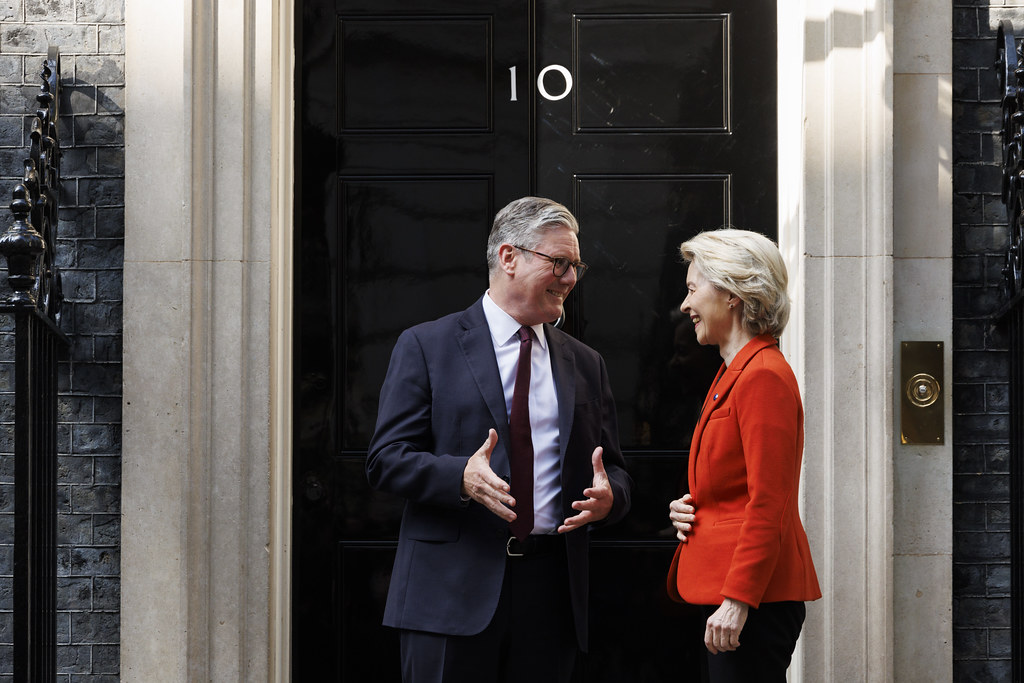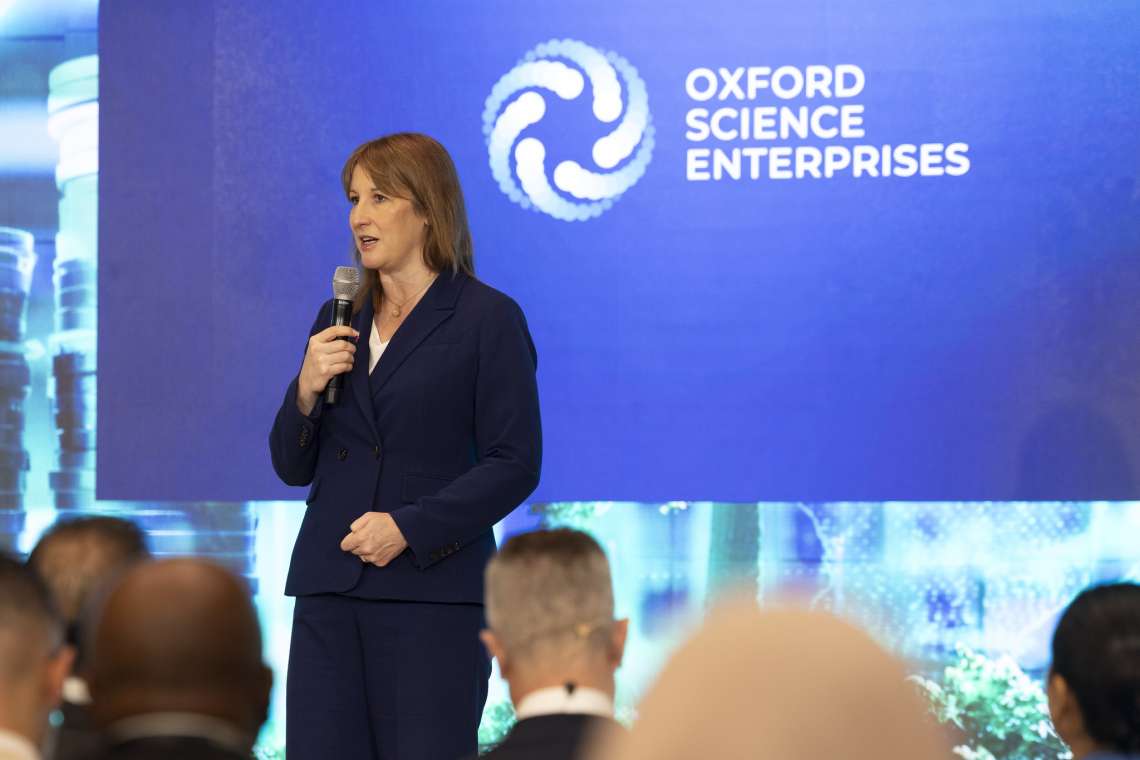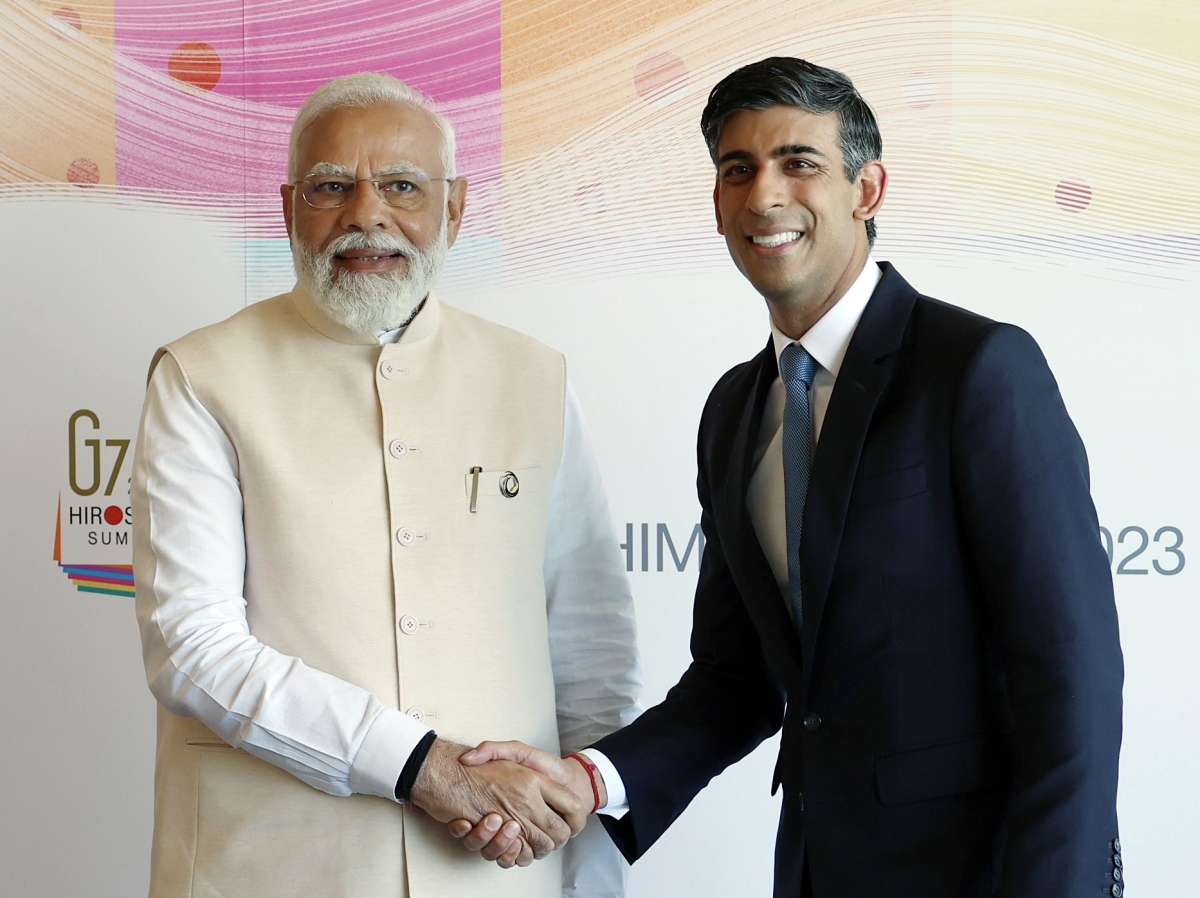Regular pay grew by 7.8%, the highest annual growth rate since comparable records began in 2001, reveals Office for National Statistics…reports Asian Lite News
Wages grew at a record annual pace between April and June, according to new figures from the Office for National Statistics.
Regular pay grew by 7.8%, the highest annual growth rate since comparable records began in 2001. Inflation, which measures the pace at which prices are rising, has eased but remains relatively high at 7.9%.
But Darren Morgan from the ONS said Tuesday’s figures suggested “people’s real pay is recovering”. Morgan, the ONS’s director of economic statistics, said that basic pay “is growing at its fastest since current records began”.
“Coupled with lower inflation, this means the position on people’s real pay is recovering and now looks a bit better than a few months back.”
However, wage growth is still not quite outstripping the pace of price rises. Mr Morgan told the BBC that real pay growth, when taking into account the rate of inflation, “is still falling a little”.
Figures show that taking into account the Consumer Prices Index (CPI) measure of inflation, average regular pay fell by 0.6%. New inflation figures are due out on Wednesday and are expected to show price growth slowed again during July.
Simon French, chief economist at Panmure Gordon, said that inflation could fall to 7% or even 6.8%. However, that remains far higher than the Bank of England’s target to keep inflation at 2%.
Strong pay growth means the Bank of England could raise interest rates again in September, from the current rate of 5.25%. There are signs in the ONS’s data that the UK employment market is easing, The jobless rate rose from 4% to 4.2%, while the number of people in employment ticked lower.
“The fall in employment in the three months to June and further rise in the unemployment rate will be welcomed by the Bank of England as a sign labour market conditions are cooling, ” said Ruth Gregory, deputy chief UK economist at Capital Economics. However, she added, given that wage growth is still accelerating, she expects the Bank of England to increase its key interest rate again to 5.5% before ending the current run of rate rises.
Meanwhile, UK inflation cooled significantly in June, coming in below consensus expectations at 7.9% annually.
Economists polled by Reuters had projected an annual rise in the headline consumer price index of 8.2%, following May’s hotter-than-expected 8.7% reading, but annualized price rises continue to run well above the Bank of England’s 2% target.
On a monthly basis, headline CPI increased by 0.1%, below a consensus forecast of 0.4%. Core inflation — which excludes volatile energy, food, alcohol and tobacco prices — remained sticky at an annualized 6.9%, but fell from a 31-year high of 7.1% in May.
Falling prices for motor fuel made the largest downward contributions to the monthly change in the CPI annual rate, the Office for National Statistics said Wednesday. Food prices rose in June, but by less than in the same period of last year.
“There were no large offsetting upward contributions to the change in the rate,” the ONS added.
Chief Secretary to the Treasury John Glen said that the larger-than-expected decline in the inflation rate was “very encouraging.”
“But there’s no complacency here in the Treasury,” he added. “We’re working closely in lockstep with the Bank of England as we try to halve it this year and get it down to its long term norm of 2%.” The U.K. has endured persistently high inflation that both the government and the Bank of England have warned could become entrenched in the economy, as a cost-of-living crisis and a tight labor market fuel wage price increases.
Bank of England Governor Andrew Bailey and U.K. Finance Minister Jeremy Hunt told an audience in the City of London earlier this month that high wage settlements were harming their efforts to contain inflation.
The Organization for Economic Cooperation and Development last month projected that the U.K. will experience the highest level of inflation among all advanced economies this year, with a headline annual rate of 6.9%.
The Bank of England implemented a bumper 50-basis-point hike to interest rates last month, its 13th consecutive increase, as the Monetary Policy Committee struggles to quash demand and rein in inflation.
After the U.K. base rate went from 0.1% to 5% over the last 20 months, markets are narrowly pricing in another aggressive half-point hike to 5.5% at the MPC’s August meeting.














